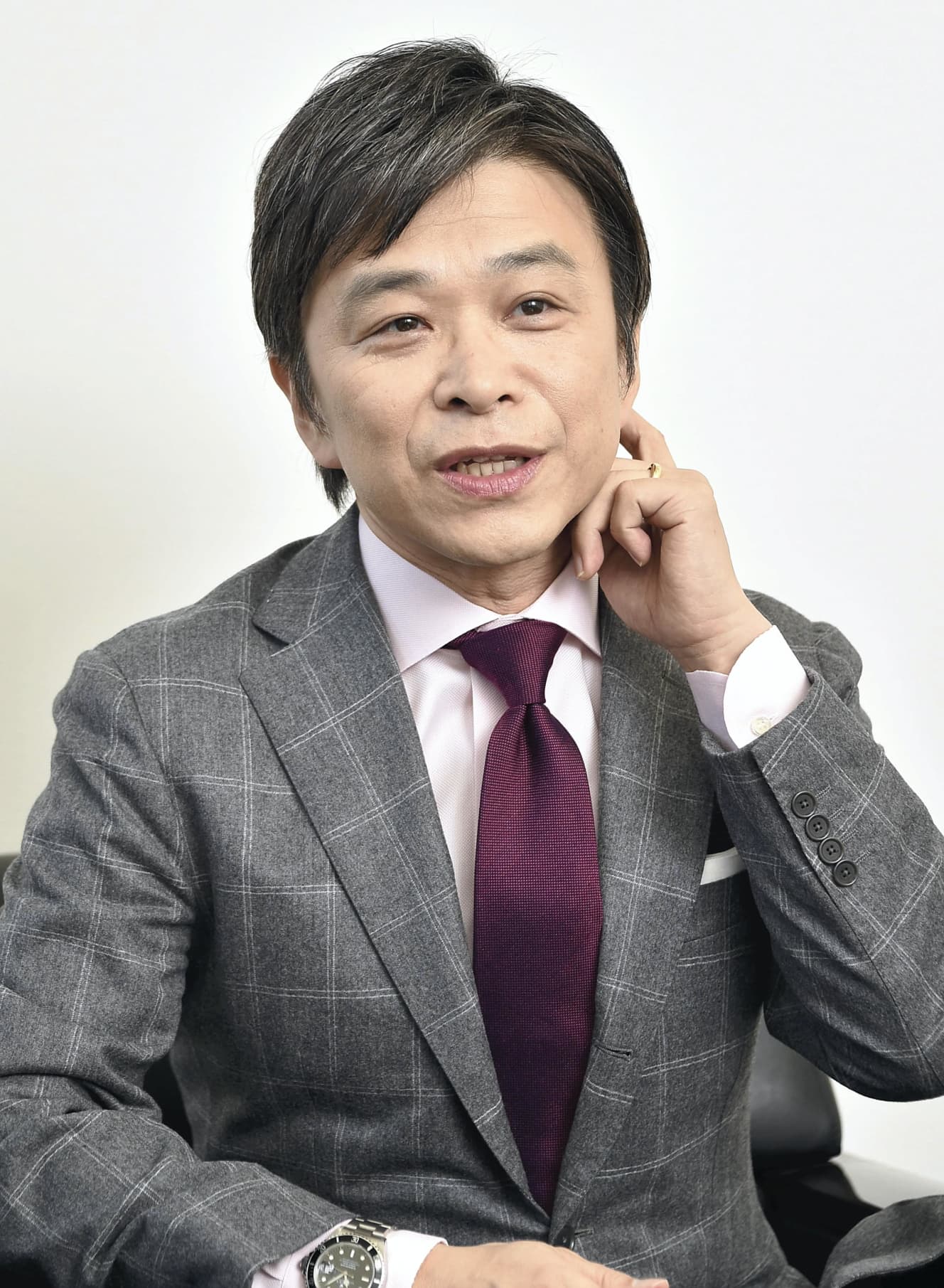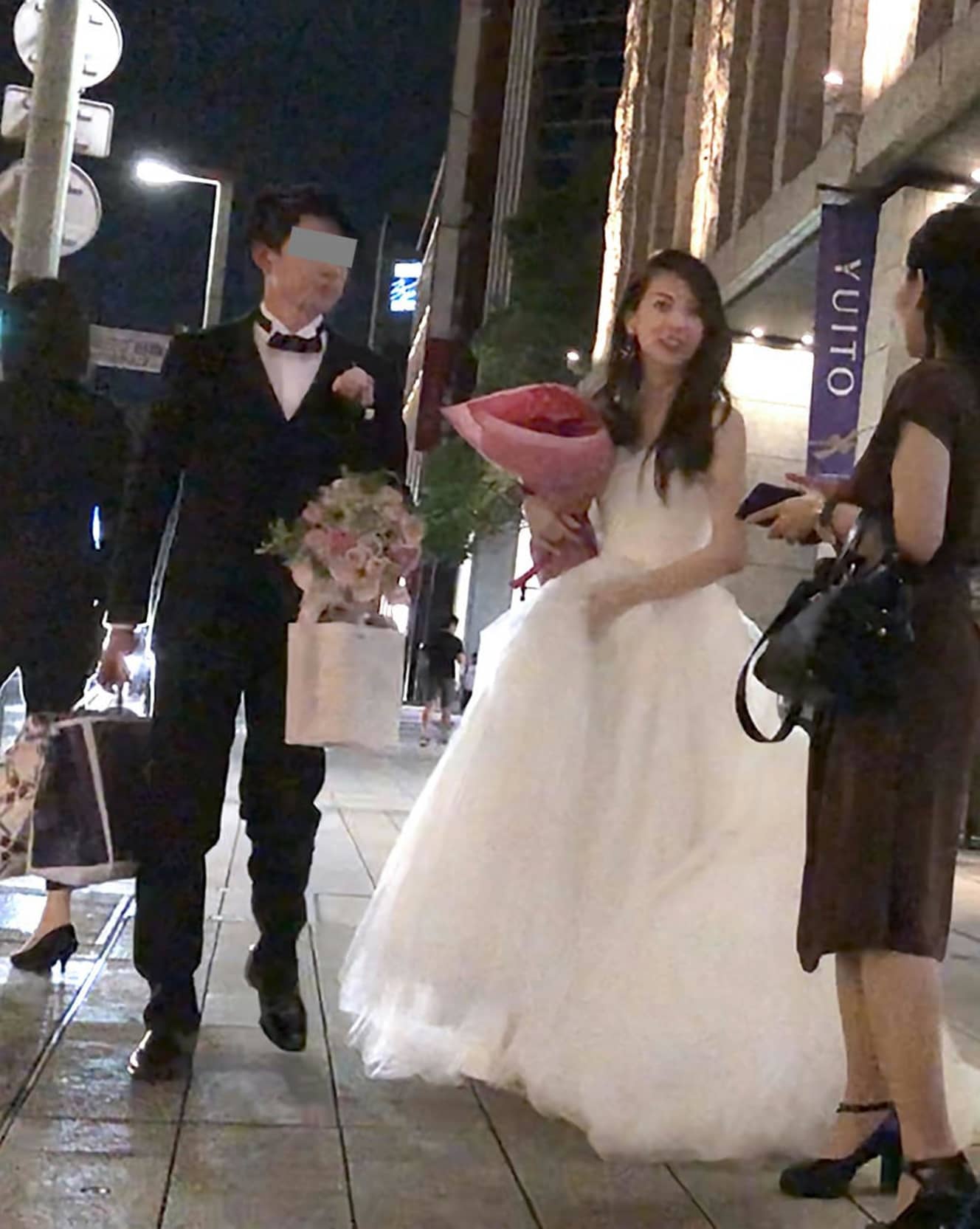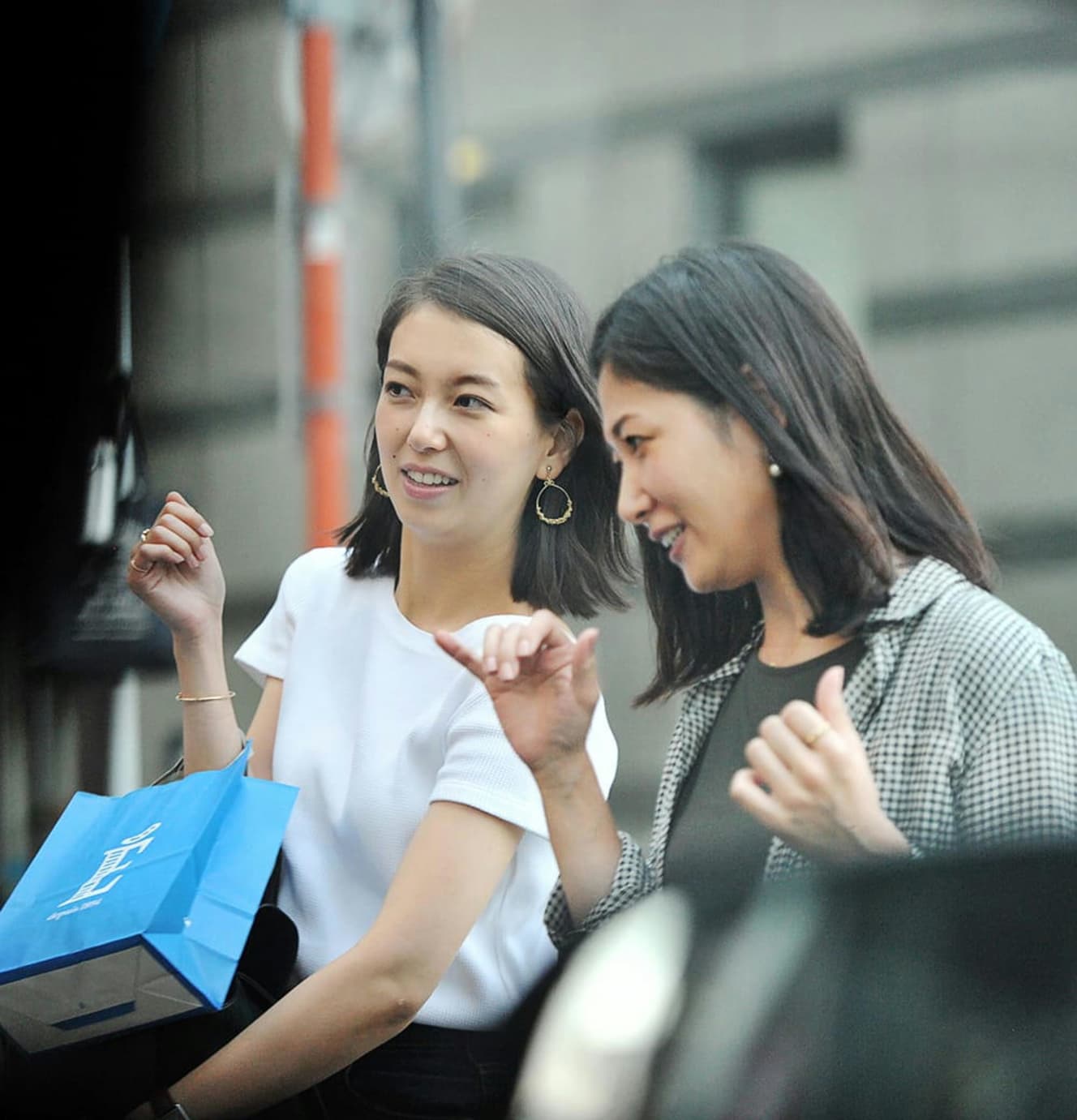The “face” of NHK is transferred to Nippon TV, and even a stalker analyst has emerged… NHK is now facing the situation of a large number of flounders due to the rampant use of personnel appointments based on compassion.

On February 1, NHK celebrated 70 years of TV broadcasting. It has played a central role in broadcasting, providing news reports, historical dramas, educational programs for children, etc. However, scandals have recently come to light and the exodus of talented personnel has not stopped.
An incident symbolic of this occurred on February 17. A suspect, Hisatsugu Funaoka, 47, of the Sapporo Broadcasting Bureau, was arrested (and later released) for breaking into an apartment in Tokyo where his female colleague, an announcer, lived without permission. Anna Funaoka has been active at the forefront of the Japanese TV industry, broadcasting live sumo wrestling and figure skating, as well as providing live radio coverage of the opening ceremony of the 2021 Tokyo Olympics. One station staff member who knew him in his younger days revealed, “He was very serious about his work.
He was very serious about his work, and he was very sincere about his job as an announcer. He had a high sense of professionalism and never allowed himself to make a mistake.
Although he later achieved great success, he still stalked the announcer. Of course, the act itself was unforgivable, but there are those within the station who believe that the shock of being removed from the forefront of sports announcing was too much for him.
He was not having an affair with the female announcer in question, but people around him gossiped about it, and he was sent to Sapporo. I am not defending him, but he may have been “stabbed” by someone. The “sports announcer’s battle for the chair” and the “battle for the microphone” are fierce,” he said.
On the other hand, Shinichi Takeda, 55, who was highly regarded as the “face of NHK” for his calm and collected response to disaster reports, left the station at the end of February to become the MC of an information program on NTV in April. Another NHK official revealed, “Uchi is still in Tokyo, but all of her work is still on the air.
Another NHK official revealed, “Tokyo is still the center of everything at our company. If Mr. Takeda had stayed at the Shibuya Broadcasting Center, he would not have quit even if commercial broadcasters had offered him hundreds of millions of dollars.
It is not unusual for NHK employees to be transferred, not only the young but also the veterans, and it is not unusual for them to go to other regions, but many of them feel that they are out of the “flowery route” when they leave Tokyo.

Dissatisfaction with personnel issues extends to the production department, too, even though they do not appear on the screen. Some of the industry’s most talented producers, directors, and cameramen have moved to commercial broadcasters or have become independent.
For example, sports cameramen. For example, sports cameramen are required to have a high level of proficiency in camera work to follow the path of the ball in baseball and golf broadcasts. They have to polish the skills they have inherited from their seniors in order to become a full-fledged cameraman. It cannot be done overnight. It is, so to speak, a craftsmanship. Employees with such advanced techniques are quitting.
(A person related to NHK) “The average annual salary may be low compared to commercial broadcasters, but the average annual salary is over 10 million yen, which is a good salary in terms of compensation.
The reason for the exodus is the personnel system. The reason why people are leaving is because of the personnel system. This is not good for the hardworking employees who are crawling around on the frontlines.
NHK Chairman Akinobu Maeda (78), who took office in 2020, has made the elimination of the system of vertical divisions and seniority lists his signature “NHK Reform. He introduced a promotion examination to emphasize ability in an effort to cut outdated practices and improve the openness of the workforce. In reality, however, the examinations were introduced for the purpose of objectively determining ability, but in name only, and in reality, there is a strong tendency toward goma-shori (rubbing elbows) and mercy personnel practices, and under the guise of “selection,” people lacking ability and performance are increasingly being appointed to higher positions.
Until now, experienced veterans have been appointed as bureau chiefs, but under the personnel system implemented by Chairman Maeda, there have been cases of confusion in the field at regional bureaus, where people who were not suitable for the position were appointed as bureau chiefs, and both veterans and younger staff have lost their motivation.
Takeda’s transfer to Nippon TV and Funaoka’s arrest coincidentally occurred after he left Tokyo, and it is likely that both Takeda and Funaoka’s pride was hurt in no small measure by the fact that they were transferred to the regional bureaus, despite their achievements in their respective positions. In addition to the two, there are others who have mastered craftsmanship that cannot be acquired overnight, but are not valued, and those who are “good at rubbing people the wrong way” and lack power are appointed to higher positions, and some of them feel uninterested in the job. Such dissatisfaction is seething within the company, and a sense of stagnation is in the air.
There is a saying, “A castle is built in three years and falls in one day. The Ministry of Internal Affairs and Communications (MIC), which has jurisdiction over the station, is exerting external pressure to lower subscription fees, and within the station, dissatisfaction with personnel issues is beginning to cause the station to fall apart. Chairman Nobuo Inaba, a former Bank of Japan board member, took office in January of this year and has indicated his intention to quickly review the personnel system implemented by his predecessor. …… Will NHK be able to revive itself while fulfilling its responsibilities as a public broadcaster?
What will NHK do?
NHK announcers want to prevent the leakage of information

Announcer Wakuda (left) and Maho Kuwako leave Nahoko Suzuki’s apartment. They seemed to be in good conversation throughout the photo shoot in September 2007.
